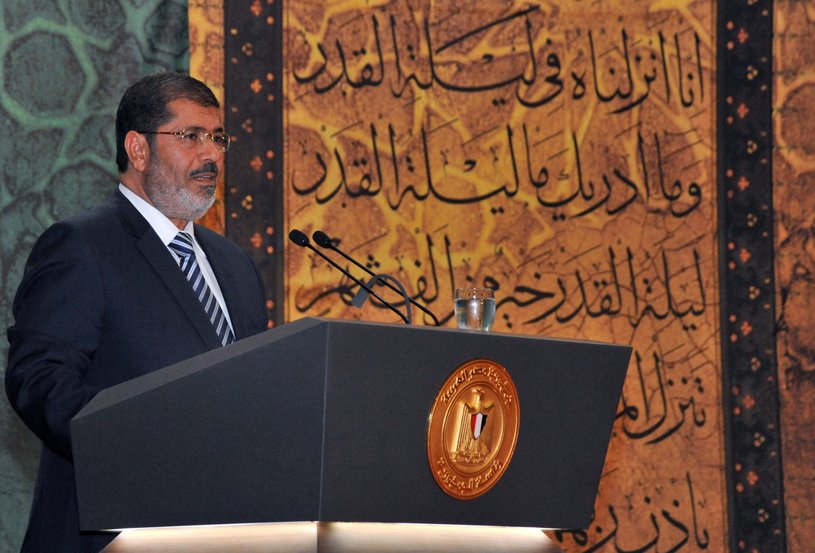Cairo: The Muslim Brotherhood must be assimilated into the arena of Egyptian politics because they are “too powerful and too representative for there to be either stability or genuine democratisation without finding a way to incorporate them, said a report issued by the Brussels-based International Crisis Group (ICG) Wednesday.
The report highlighted that this incorporation should be part of a wider movement to opening up the political process to other secular opposition parties.
The ICG also stressed that the MB must also take steps to reassure the public on its views concerning Egypt’s Coptic Christians and women and engage them in dialogue, though the report did state that the MB had conducted a series of meetings with members of the Coptic community in 2006.
“The issue of integrating the Muslim Brothers into the political fold is not simply a matter of modernising the Society’s ideology or relaxing the regime’s approach toward it. It concerns, rather, the degree to which the broader political context can liberalised and the de facto duopoly between regime and Brotherhood ended. This can only be done by opening up the political system and offering the electorate genuine alternatives, the report said.
The ICG recommendations asked for the cessation of arbitrary arrests of MB members and a revision of Article 5 of the constitution to allow political parties with a religious reference.”For now, the regime is likely to handle the question of the Muslim Brothers’ integration as an exclusively security as opposed to political question. In this, the Islamists’ situation differs little from that of other, secular groups: only relatively tame opposition parties have been tolerated and any politician or group that is well-organised and has potential national appeal faces heavy constraints, the report said.
The report also had a series of recommendations for the Brotherhood, most notably to engage with the government, secular opposition and minority groups to ensure a peaceful political integration.
The ICG ascertained that in light of current conditions in Egypt, it was imperative for the MB to b assimilated in the political process as smoothly as possible.
The report said, “Uncertainty surrounding Mubarak’s successor and lack of transparency over the decision-making process have only added to the sense of crisis, which coincides with one of the most severe socio-economic situations in years. Despite a GDP growth rate of over 7 per cent, economic conditions have worsened for most Egyptians since 2008.
To achieve the recommendations of the report, the ruling power elite in the country would have to release its stranglehold on power.
“What is needed now is genuine liberalisation of the political sphere and a clear definition of the limits within which an Islamist-oriented party can operate. This in turn could force the Society to separate its political from its religious work and clarify its position on the most sensitive political and social issues of the day. This might well come at the expense of the NDP’s quasi-monopoly on political power. But it would also bring to an end the unhealthy tête-à-tête between Muslim Brotherhood and NDP that, if conditions continue to worsen, at some point could turn to the former’s advantage, the report concluded.

